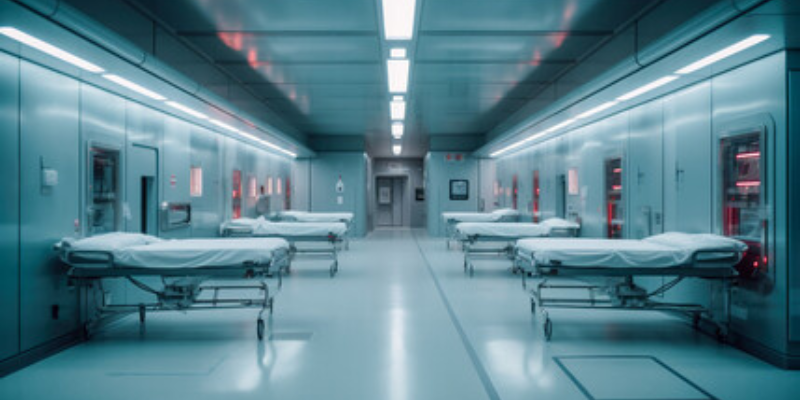Research project
Investigating Unexpected Death: Values and Attitudes in Coronial Autopsies
- Start date: 1 April 2019
- End date: 1 October 2024
- Funder: BA / Leverhulme Small Grants
- Value: £9728
- Primary investigator: Dr Imogen Jones

Project Objectives
This project will:
i) Explore and evaluate the attitudes and practices of coronial pathologists and Anatomical Pathology Technicians (ATPs) in relation to the interests of, and in, the deceased body.
ii) Analyse the results of (i) in light of current legal, political, economic, and social debates.
ii) Disseminate findings and engage stakeholders with the research findings.
iii) Establish an interdisciplinary network with a view to developing and responding to emerging research agendas through future research.
Events
Workshop held on Tuesday 6th September 2022 (download post workshop brief here).
In 2017, coroners ordered 85,600 post-mortem examinations, comprising 37% of all reported deaths. The coronial autopsy process has been criticised in various reviews (NCEPOD, 2004; Hutton, 2015) for being underfunded and lacking in forensic expertise. Coronial autopsies are most commonly carried out by histopathologists, specialists in disease in the living, via time-shifting. This means that they do this work in addition to their ‘normal’ job and are paid a relatively small fee for this by the relevant coroner. This can be contrasted with suspicious death cases, where post-mortems are carried out by independent elite specialist forensic pathologists for whom forensic pathology is a career. In all cases, but to varying degrees, the autopsy process is assisted by the work of Anatomical Pathology Technologists (APTs), who are not only of technical assistance and a second pair of eyes, but who often eviscerate and reconstruct the body, as well as liaising with the bereaved.
Whilst there is technical medical literature considering post-mortem pathology, scant attention has been paid to the theoretical and socio-legal context of medico-legal autopsies. This exploratory research addresses this gap and provides data to contrast interview data from earlier research with forensic pathologists. The project therefore provides overdue insight into this intersection of medicine, law and society, shedding light on the role of state mandated death investigation and its impact on the living.
The research will draw together philosophical, ethical and legal debates and use the accounts of those who are involved in the autopsy stage of medico-legal death investigation to analyse whether, and how, medico-legal death investigations pay sufficient respect to the interests of deceased persons, the bereaved, and society. In doing so, it provides a voice to those involved and raises important questions about the nature and purpose of justice via death investigation.
Blog
You can read the latest blog on my research and gain new insights on the progress I am making on my latest project.
Events
Our last workshop was held on Tuesday 6th September 2022 (post workshop brief attached).
Impact
This project involves working with various professional groups and the establishment of a network. These include the Association of Anatomical Pathology Technology, pathologists and the Royal Colleague of Pathology, and coroners.

